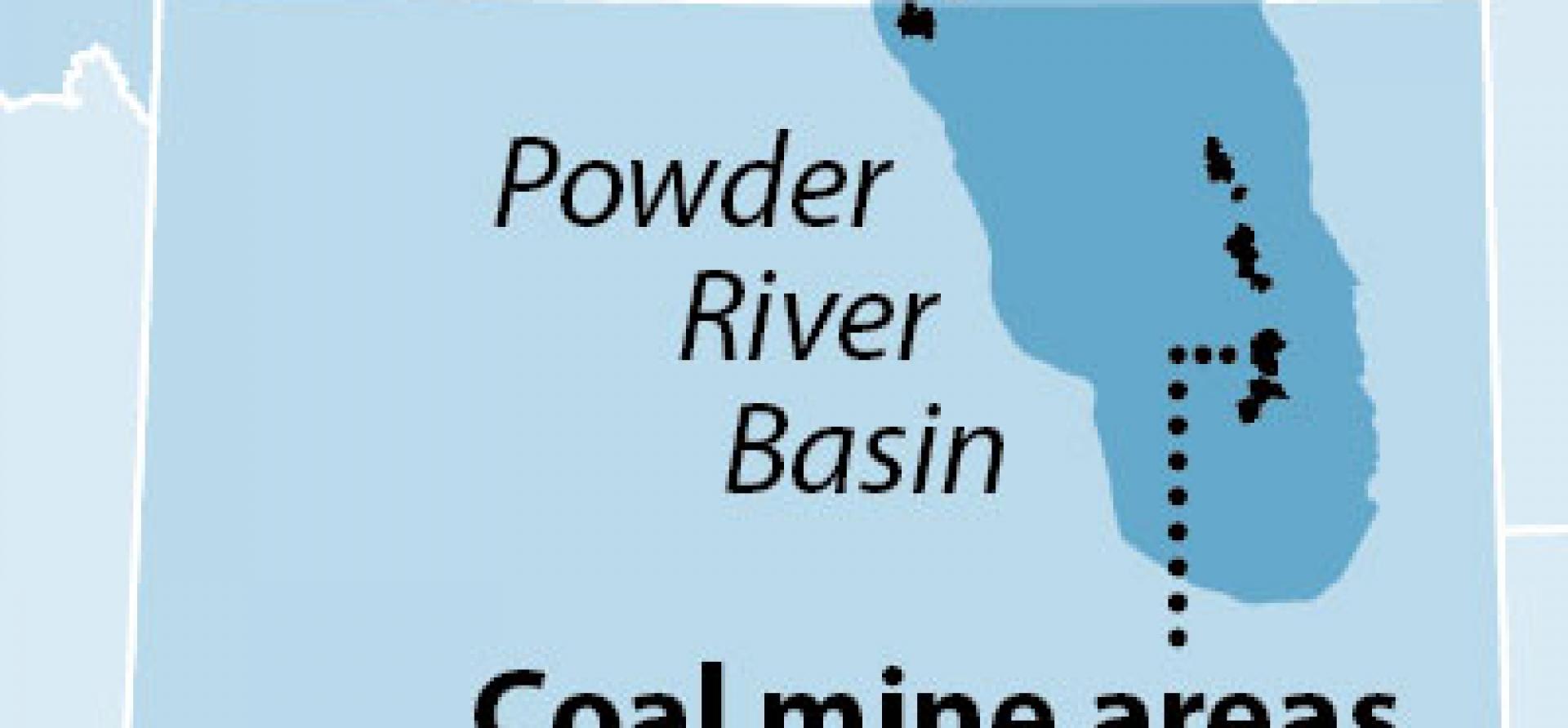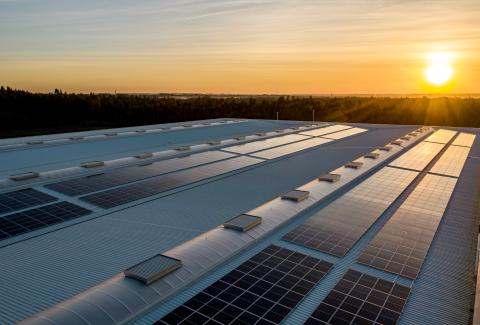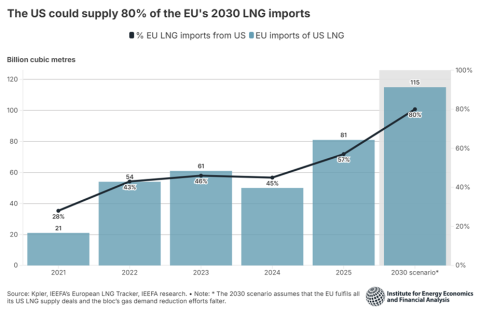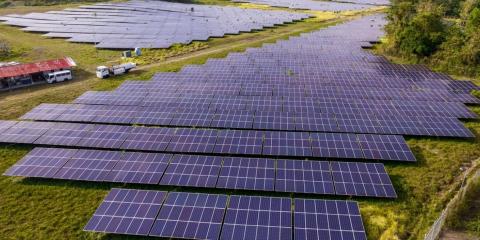IEEFA Guest Commentary: Peabody Must No Longer Be Self Bonded

Wyoming’s Department of Environmental Quality is facing a critical decision regarding Peabody Energy and whether the company can continue to self-bond for its $728 million Wyoming coal mine cleanup obligation. Self-bonds are unsecured IOUs, uncollectable when a company hides under bankruptcy protection.
 Peabody is the nation’s largest coal company, and is going through Chapter 11 bankruptcy. As energy markets shift away from coal, Peabody’s giant strip mines in Wyoming and across the world just aren’t as profitable as they once were. The company’s multi-billion-dollar debt became too much to carry, and Peabody filed for bankruptcy last April.
Peabody is the nation’s largest coal company, and is going through Chapter 11 bankruptcy. As energy markets shift away from coal, Peabody’s giant strip mines in Wyoming and across the world just aren’t as profitable as they once were. The company’s multi-billion-dollar debt became too much to carry, and Peabody filed for bankruptcy last April.
But there is some light at the end of the tunnel as Peabody seeks to emerge from bankruptcy next month. Through its reorganization plan, the company is about to escape more than $5 billion of debt.
That is good news for Peabody, and also good news for Wyoming. It means that Peabody should easily be able to afford to replace its self-bonds with real clean-up insurance that will actually protect the public the next time Peabody suffers financial reversals.
Most people would be appalled to learn that coal companies in Wyoming – a state that produces more coal than the next seven combined – are allowed to operate without posting any kind of enforceable financial assurance that they will clean up after themselves.
In the case of Peabody, this means that, while the company has obligations for cleanup costs of $728 million, the state has no separate cash, legitimate collateral or insurance from a bank or insurance company that would cover these significant obligations if the company again goes belly-up. Today, having watched coal companies navigate bankruptcies, institute devastating layoffs and collapse under excessive debt loads, DEQ needs to consider these risks very seriously.
Dodging debt obligations through bankruptcy proceedings has given Peabody short-term relief, but the long-term financial outlook for coal is still gloomy as the industry struggles to compete with abundant natural gas and the clean renewable energy sources utility customers are demanding. Coal production in the United States has fallen eight years straight to its lowest level in nearly 40 years, according to the federal Energy Information Agency.
Two other huge bankrupt coal companies (Alpha and Arch) have committed to replace their self-bonds with real insurance as a condition of emerging from their bankruptcies. Peabody should do the same. Our DEQ should require them to do the same.
The bankruptcy judge in St. Louis overseeing Peabody’s Chapter 11 case has emphasized that the company must have a bonding solution in place as it exits bankruptcy. In the coming weeks, Peabody must negotiate with DEQ a structure of bonding for its hundreds of millions of dollars of reclamation obligations in Wyoming. Effective protection of Wyoming citizens and taxpayers requires that DEQ insist that Peabody must secure all of its reclamation obligations with third party surety bonds to replace the unsecured self-bonds they have been allowed in the past. Real surety bonds are the only reasonable security for Peabody’s reclamation obligations in Wyoming.
The next few weeks are critical to Wyoming’s interests. As Peabody seeks to have its plan of reorganization approved, DEQ needs to stand firm and be sure the company isn’t cutting deals that leave Wyoming’s taxpayers in the high-risk situation we now endure. When Peabody does exit bankruptcy, they must no longer be self-bonded. DEQ has the power to make this happen. They need to show the Wyoming backbone that will cause it to happen. They must meet their obligation to make sure taxpayers are never stuck paying to clean up Peabody’s mines anytime in the future.
Bob LeResche is chair of the Powder River Basin Resource Council and a former Alaska commissioner of natural resources. This commentary first appeared in the Casper Star Tribune.
RELATED POSTS:
IEEFA Update: Shutdown of Navajo Generating Station Likely Blows a Hole in Peabody’s Bankruptcy Plan
IEEFA U.S. Coal Outlook 2017: Short-Term Gains Muted by Prevailing Weaknesses in Fundamentals
IEEFA Update: Peabody’s Plan to Emerge From Bankruptcy Is Likely to End in Bankruptcy Again















